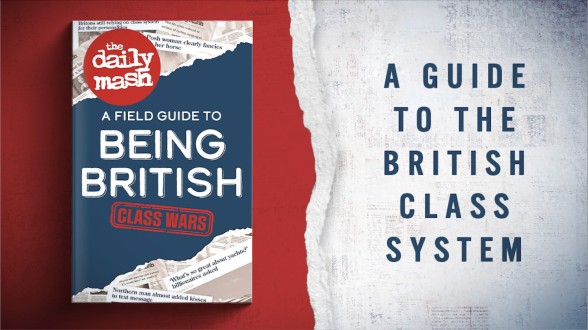WHEN the ‘worldwide web’ began to arrive in British homes in the 90s, it was going to bring people together and make us really clever from all that knowledge. Here’s what we stupidly believed.
Ignorance would be banished
All human knowledge would soon be at everyone’s fingertips, and a fair bit is. Sadly a vast number of topics – ancient aliens, MAGA conspiracies, what the EU is, and so on – prove that people will not research important things even if it’s piss-easy. Clearly the internet is badly-designed, and needs to reward you with MILF porn every time you learn a fact.
It would help you find the optimum partner
In real life you only meet a tiny fraction of potential partners, and true love can be thwarted by the smallest chance event, eg. you getting some quiche at a party instead of talking to that woman Hannah. Theoretically, internet dating solves these problems by allowing access to thousands of shags who even like the same things. Then we learned the truth – it’s full of people for whom talking to another person spells disaster, such as dick pic misogynists and women so weird having sex with a hollowed-out potato would have more of a future.
You’d communicate more
Instant, free communication would strengthen your bonds with family and friends, and you’d meet interesting new people from different cultures, Tim Berners-Lee must have reasoned. However it turned out that telling people to f**k off on Twitter was more fun. Especially with exciting new ways to express yourself like dogpiling, doxing or just a nice straightforward threat to stalk and murder them.
The internet would quickly debunk harmful myths
Dumb myths, from dubious UFO ‘cases’ to misconceptions about immigration, would crumble in the face of instant access to facts. Just one problem – most people can’t tell the difference between a trustworthy source and Uncle Gerald’s mate Colin on Facebook who says the authorities have got camps ready for people who won’t convert to Islam under Labour. He works for the council, so he knows.
It would unlock our creativity
Want to paint like Claude Monet? Internet tutorials would show you how. Stuck on a plot point in your first novel? Discuss it with a supportive online community of writers. Stuff like this didn’t really catch on, but there was one skill the internet did unlock: wanking. Yes, it turns out that molesting your meat or bothering the bean is the true pinnacle of human ambition. If it takes 10,000 hours to become expert at something, you’re probably already the Mozart of onanism.
Economic opportunities
This did happen, if you want a job where you’re not allowed to go to the toilet. But to get where we are now we had the agony of listening to endless bullshit hype about dotcom start-ups in the 90s. You might even have fantasised about meal-ticket babe Martha Lane Fox. And it’s still frequently unclear what tech giants’ business actually is. Do targeted ads for breathable waterproof jackets and people buying tiny imaginary cows in Farmville justify Facebook’s $1.2 trillion valuation? Probably not. Still, thanks to the Dark Web you can pay someone £200 to murder your husband, so that’s probably boosted the economy a bit.
The level of debate would improve
Oh what adorable young naifs we once were! Granted, people are discussing things more in forums, newspaper comment sections and of course Twitter, if you can call a confused face emoji ‘debate’. As a bonus, we got to discover how worryingly poorly-educated our fellow Brits are. Endless illiterate comments like ‘we just want are country back’ really put you off becoming a thick racist.



